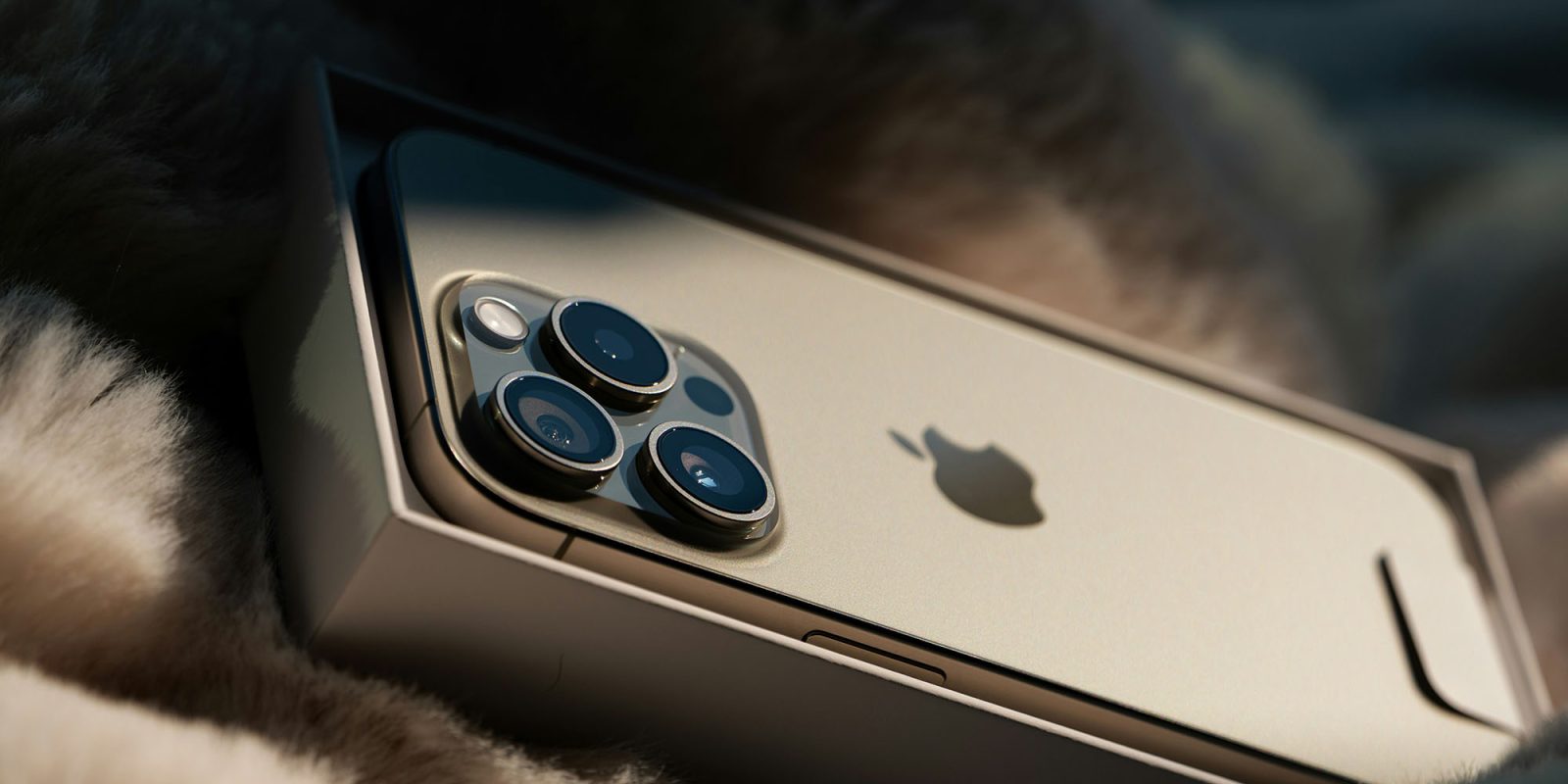
One element of the DOJ antitrust lawsuit against Apple addresses iMessage, and Apple’s decision to keep the app exclusive to iPhone. But it goes further than arguing that this is anti-competitive, and attacks the use of green chat bubbles for Android users as creating “social stigma.”
A lawyer commenting on this claim says that it effectively amounts to the Department of Justice complaining that people think the iPhone is cooler than Android phones …
iMessage element of DOJ antitrust lawsuit
We noted last week that the antitrust lawsuit against Apple throws everything into the mix.
It’s the very definition of a ‘spray and pray’ approach: throwing as many things into the mix as possible, and hoping that some of them stick. The DOJ has taken every antitrust complaint ever levelled against Apple – plus one that has never been made – and turned them into official charges against the company.
While Apple did at one point toy with the idea of making iMessage available on Android, it ultimately decided against this to increase iPhone lock-in.
A previous antitrust lawsuit surfaced an email in which an Apple employee said that keeping iMessage exclusive to iPhone “amounts to serious lock-in” and Phil Schiller referenced it, stating that it showed why “moving iMessage to Android will hurt us more than help us.” Craig Federighi said that making it available on Android would “remove [an] obstacle to iPhone families giving their kids Android phones.”
But Wired notes that the lawsuit isn’t just concerned with the commercial policy here – it goes on to address what it describes as feelings of “social stigma” and “exclusion” felt by some Android users when their messages in group chats appear in green bubbles instead of blue, and “break” the chat by forcing it to switch to SMS.
“Many non-iPhone users also experience social stigma, exclusion, and blame for ‘breaking’ chats where other participants use iPhones,” the suit reads. It goes on to note that this is particularly powerful for certain demographics, like teenagers, who The Wall Street Journal reported two years ago “dread the ostracism” that comes with having an Android phone.
Top comment by Carol Danvers
When the DOJ sued to break up AT&T in 1984 they claimed it would open up the telecommunication market to fierce competition that would benefit the consumer. The settlement created fake competition by forcing AT&T to allow competitors to use its infrastructure to provide competing services. AT&T was forced to provide their network services at steep discounts to competitors sop they could undercut AT&T’s own prices. The argument for this was that the infrastructure was built by consumers paying AT&T as a protected monopoly.
At first dozens of companies started selling dialtone and long distance. Guess what happened? One by one those companies failed and dropped out of market, leaving only AT&T, Verizon, and Sprint. Fast forward to today and AT&T has reconstituted itself.
When I bought my first Apple II there were dozens of PC hardware manufacturers to choose from. Again, one by one, they failed and dropped out of market. For the DOJ to say that Apple’s alleged monopoly caused the failure of Microsoft’s and Meta’s mobile phone efforts is beyond ridiculous.
And the “social stigma” argument is beyond hilarious and approaches delusional.
While the phenomenon may be real, arguing that it’s an antitrust issue seems a rather dramatic stretch. Indeed, one lawyer said that effectively the DOJ is complaining that people find the iPhone cool and Android phones not.
“What is Apple actually precluding here? It’s almost like a coolness factor when a company successfully creates a network effect for itself, and I’ve never seen that integrated into an antitrust claim before,” says Paul Swanson, a litigation partner at Holland & Hart LLP in Denver, Colorado, who focuses on technology and antitrust. “This is going to be an interesting case for antitrust law.”
Apple itself has argued that the lawsuit is an attempt to turn the iPhone into an Android device.
While iMessage exclusivity issue is now a live one in the US, it escaped the gaze of antitrust regulators in Europe, because the app is far less popular there, with most iPhone owners preferring WhatsApp.
Photo by Yuheng Ouyang on Unsplash
FTC: We use income earning auto affiliate links. More.






Comments